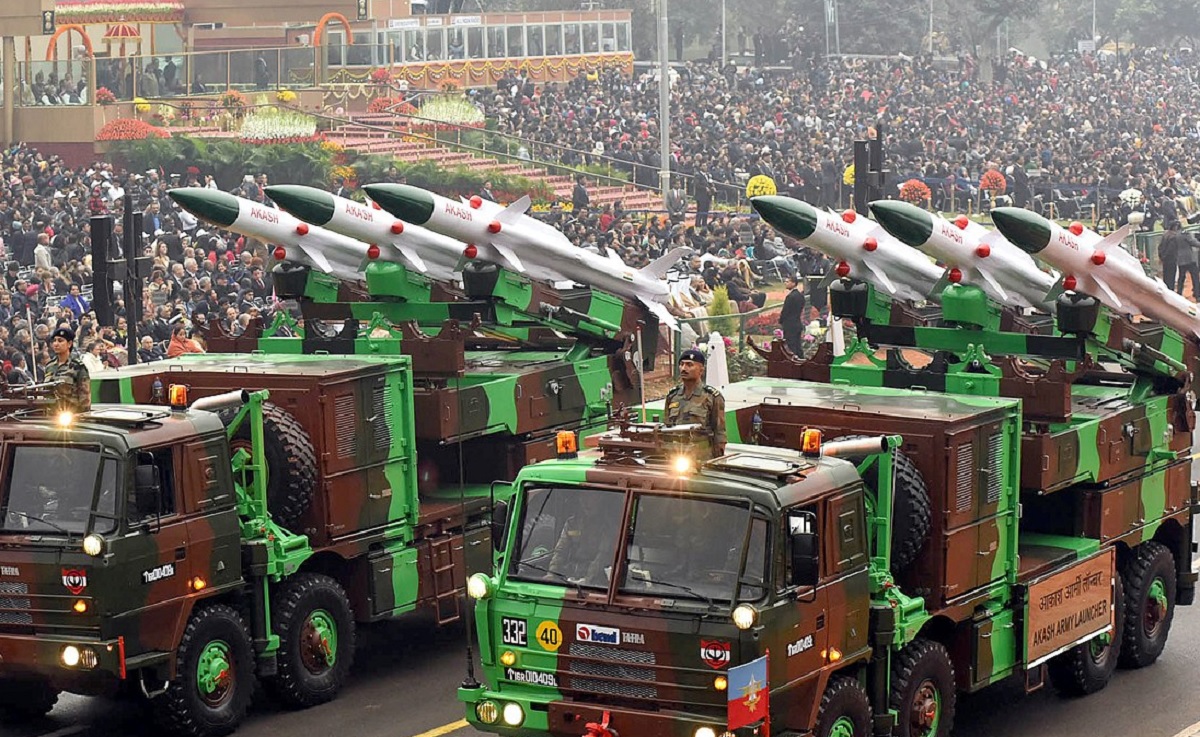BRASILIA – In a significant blow to India’s burgeoning defense export ambitions, Brazil has officially terminated negotiations for the acquisition of India’s indigenous Akash air defense system, citing an “outdated” offer. The decision sees Brazil pivot towards an Italian alternative, highlighting a crucial shift in its military modernization strategy.
Brazil had been considering the medium-to-long range Akash system to bolster its Army’s air-defense capabilities, which are currently limited to an altitude ceiling of 3,000 meters (9,843 feet). According to reports from CNN Brasil, the Brazilian side expressed keen interest in the latest version of the Akash, which incorporates Israeli components.
However, sources indicate that India’s state-owned manufacturers, Bharat Dynamics Limited (BDL) and Bharat Electronics Limited (BEL), were only willing to offer a previous, older version of the system. This older variant, whose intellectual property is entirely Indian, was reportedly deemed insufficient for Brazil’s evolving defense requirements.
This impasse comes despite previous expectations of a government-to-government deal valued at approximately 5 billion Indian rupees ($60 million), potentially linked to a reciprocal sale of Embraer KC-390 aircraft to India.
Italian Alternative Takes Center Stage
Following the breakdown in talks with India, the Brazilian Army has now initiated negotiations with Italy for the acquisition of the Enhanced Modular Air Defence Solutions (EMADS) system from MBDA.
The EMADS system features the advanced CAMM (Common Anti-Air Modular Missile) and CAMM-ER (Extended Range) surface-to-air missiles, offering ranges of 25 kilometers (16 miles) and 45 kilometers (28 miles) respectively. In comparison, the combat-tested Akash system has an operational range of 30 kilometers (19 miles) and an altitude capability of 18,000 meters (59,055 feet).
A key factor influencing Brazil’s decision is the existing integration of the EMADS system into the Brazilian Navy’s new Tamandaré Class frigates, which are being constructed domestically. Opting for the MBDA system is expected to streamline essential logistical support, training, and infrastructure, offering significant interoperability advantages.
This move by Brazil underscores a pragmatic approach to its defense procurement, prioritizing advanced technology and seamless integration with existing and future platforms, even when it means looking beyond its BRICS partners. The development poses a challenge for India as it seeks to establish itself as a competitive global arms supplier with its ‘Atmanirbhar Bharat’ (self-reliant India) defense initiative.
